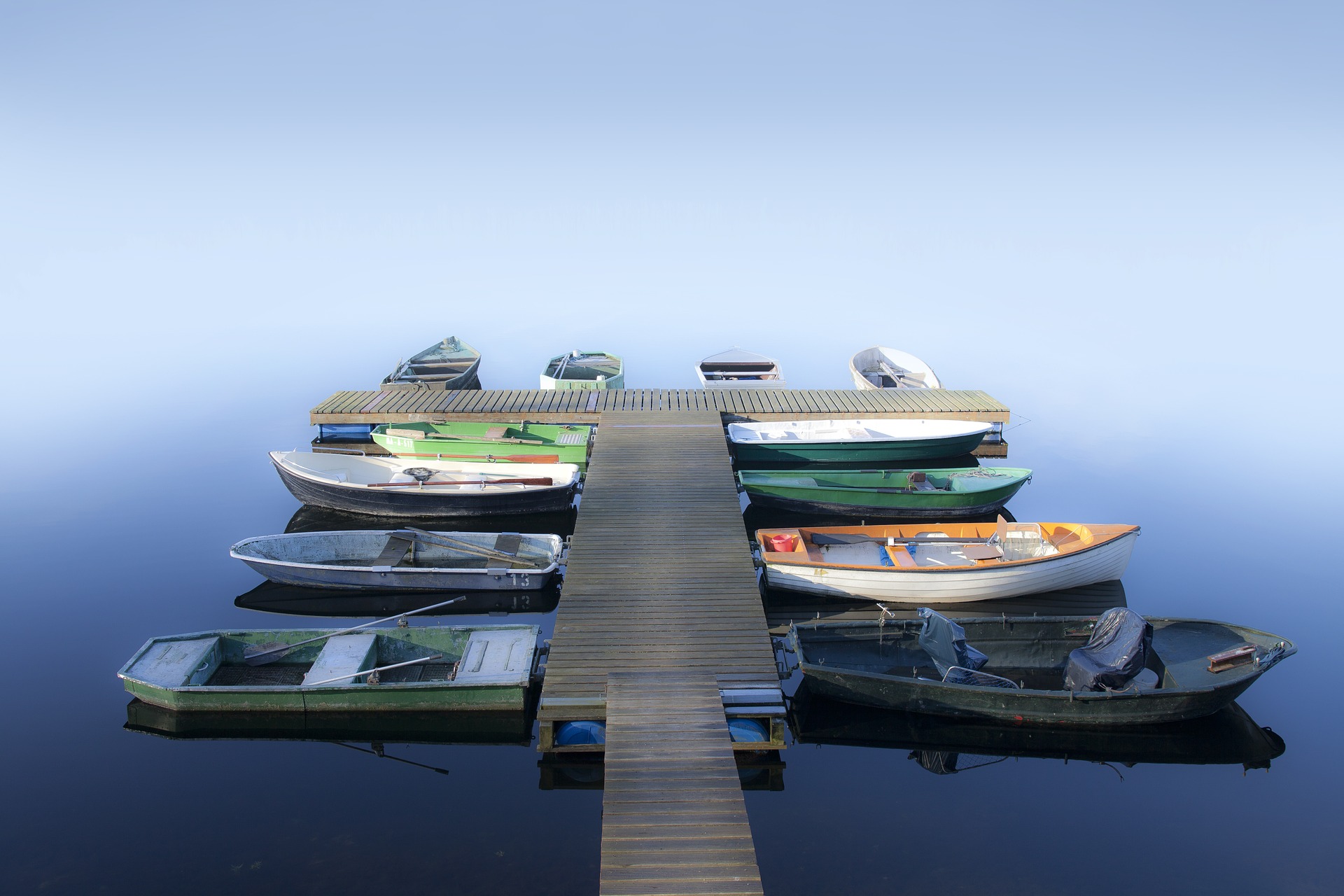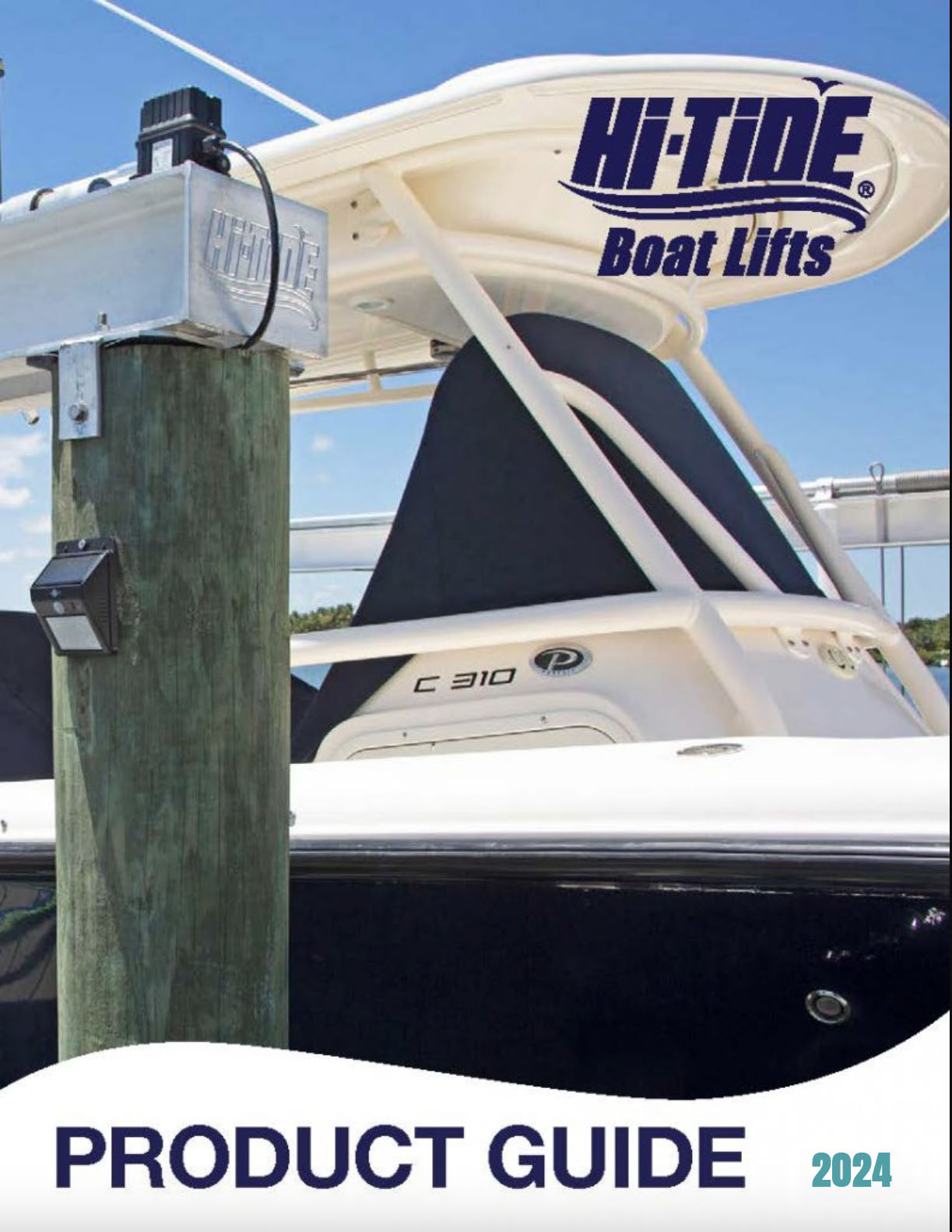
Though many Florida boaters are happy to frequently hit the saltwater seas due to our close proximity to the Gulf of Mexico and Atlantic waters, many others take advantage of our smattering of fresh, inland waters. Whether pleasure cruising on the St. Johns River or fishing for largemouth bass on Lake Okeechobee, there is no shortage of inland waters to explore in The Sunshine State.
Though, in general, the same laws and best practices apply whether in fresh or saltwater, there may be a few differentiators you should consider before switching from lake to ocean boating.
Factors to Consider Before Switching to Saltwater
- Saltwater is very corrosive, making rinsing your boat with freshwater after trips on the ocean a necessity to avoid damage over time.
- Boats and ships regularly used in saltwater can have reduced life expectancies, due to the corrosive nature of saltwater.
- Engines should be flushed after use in saltwater to avoid damage.
- Drinking and boating laws do not change on inland waters.
- In general, no major modifications need to be made to allow your boat onto both fresh and saltwater bodies of water.
Our main takeaway: Florida is full of both inland waters and open ocean that are ripe for boating, fishing and fun. Be sure to note and respect the corrosive power of saltwater, especially after your trip, when a simple wash and rinse may help you avoid costly repairs down the road. Follow boating laws and best practices and enjoy your time on fresh and salt waters safely while keeping these differentiating factors in mind.

